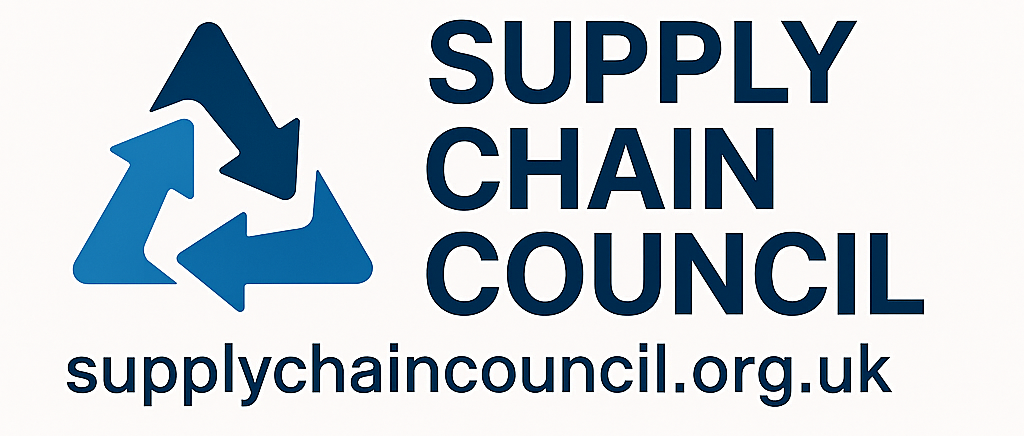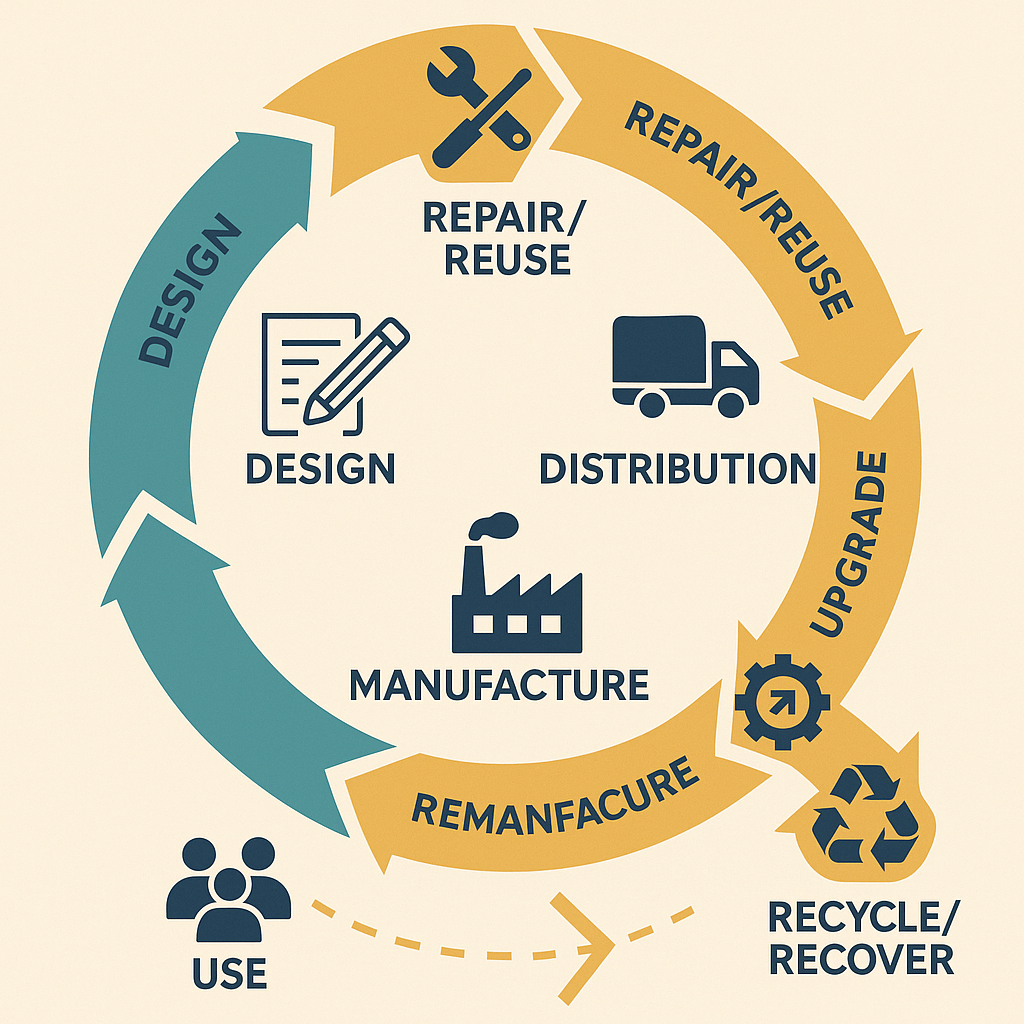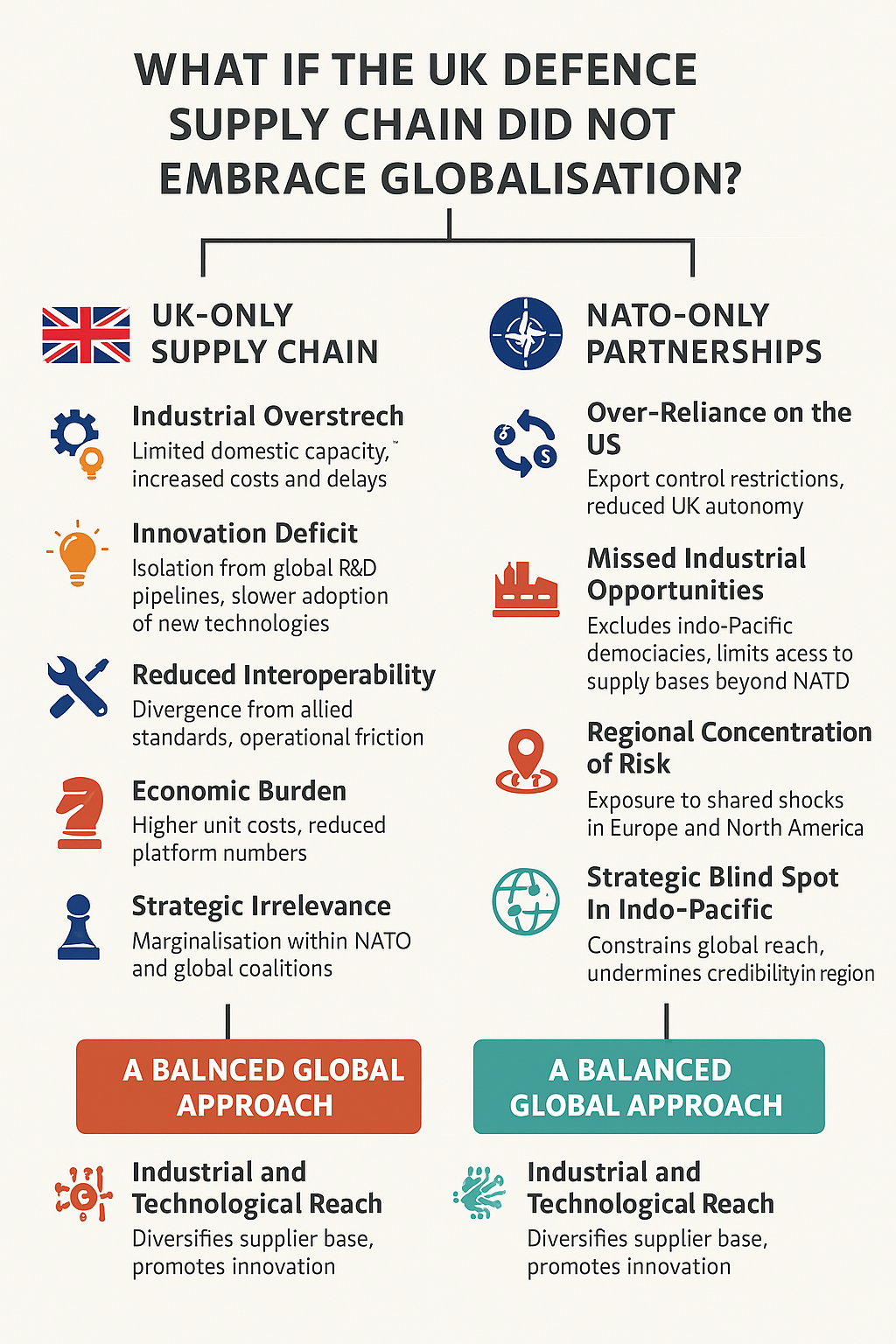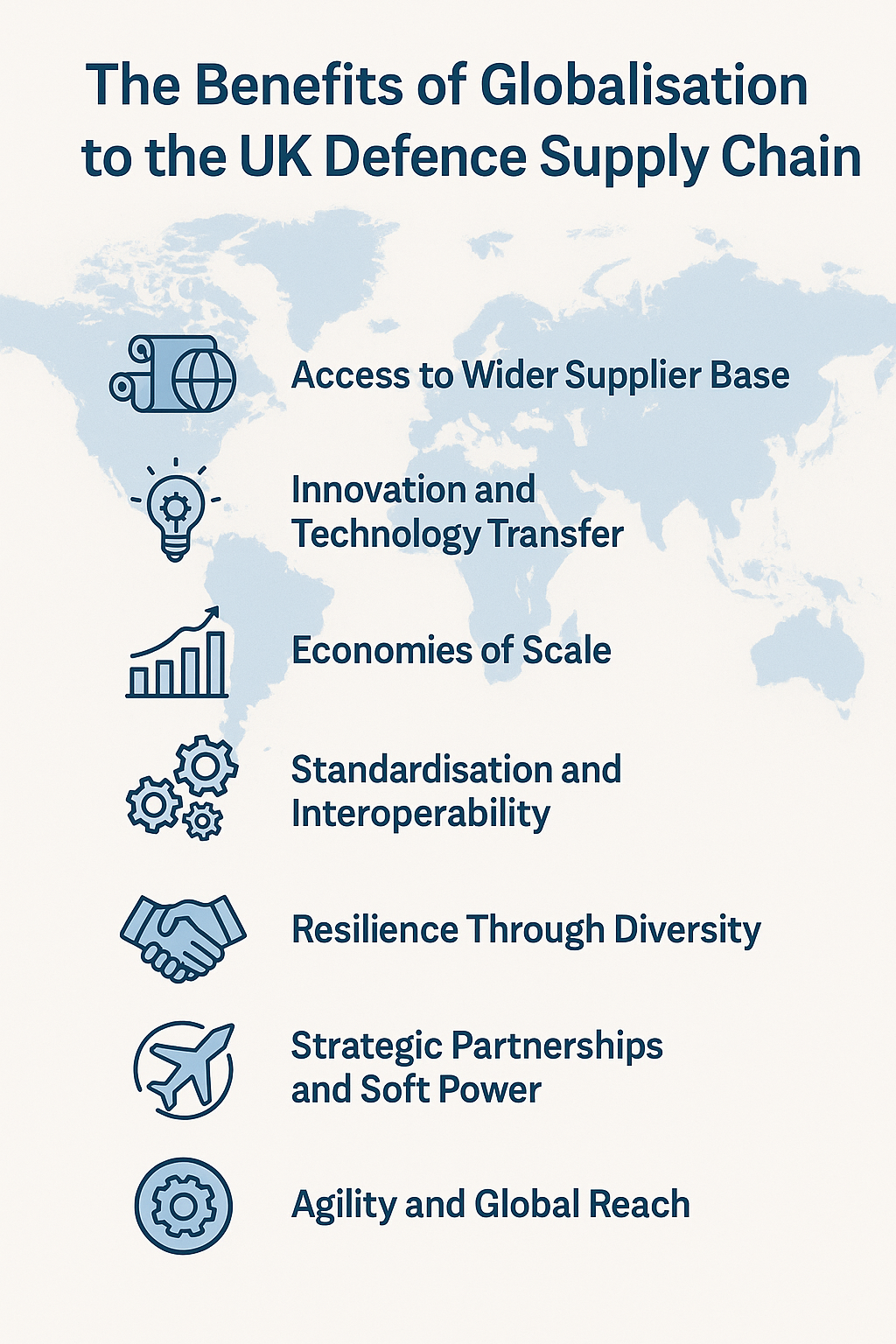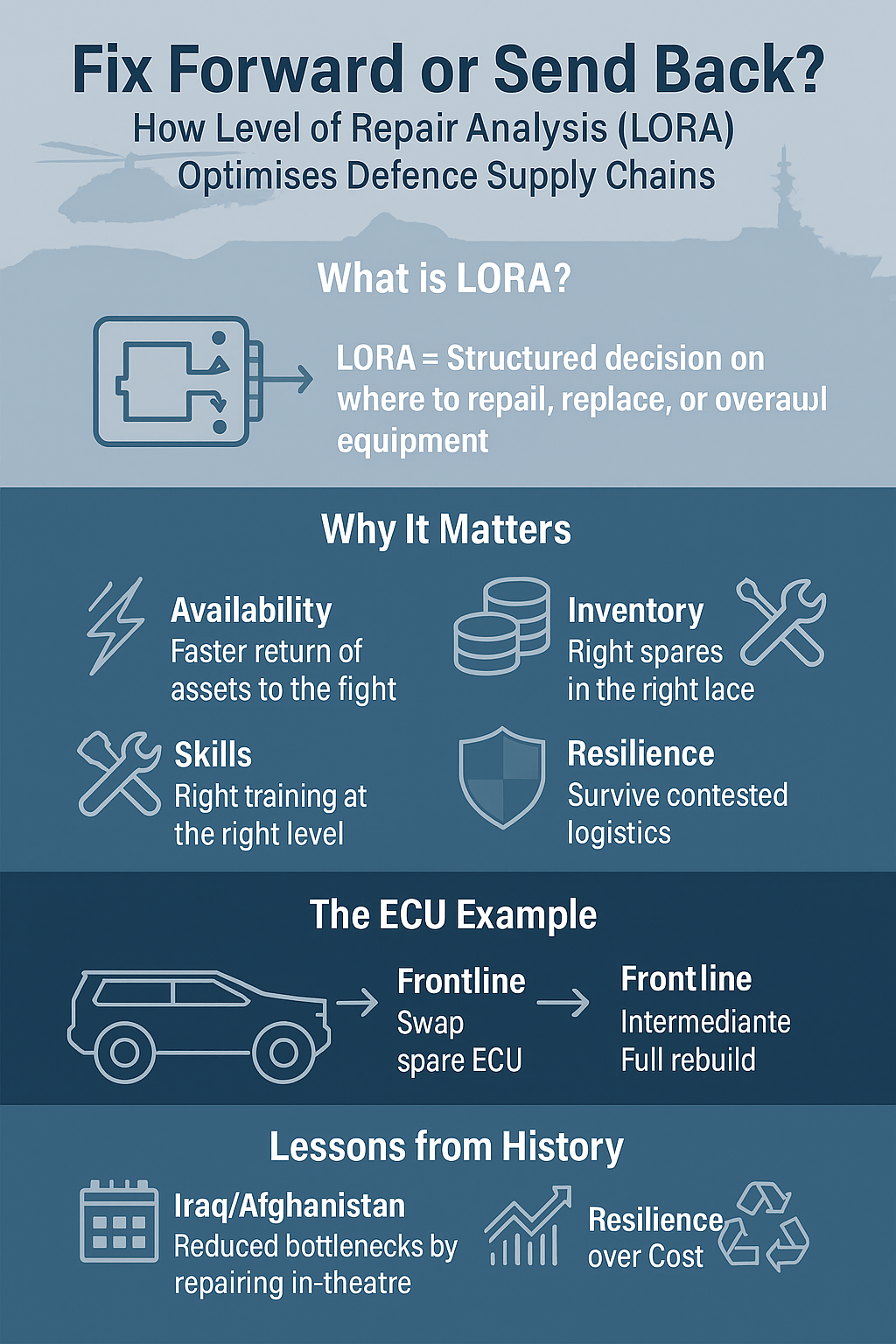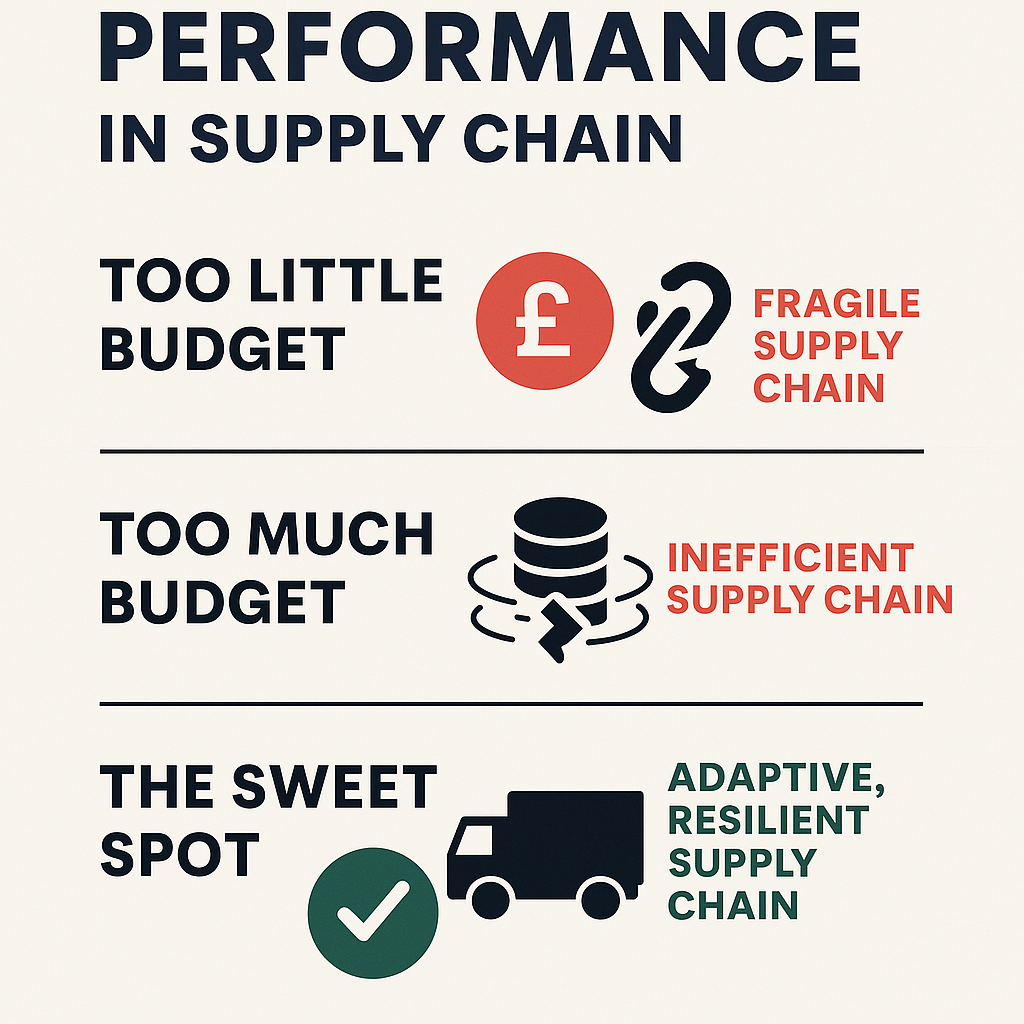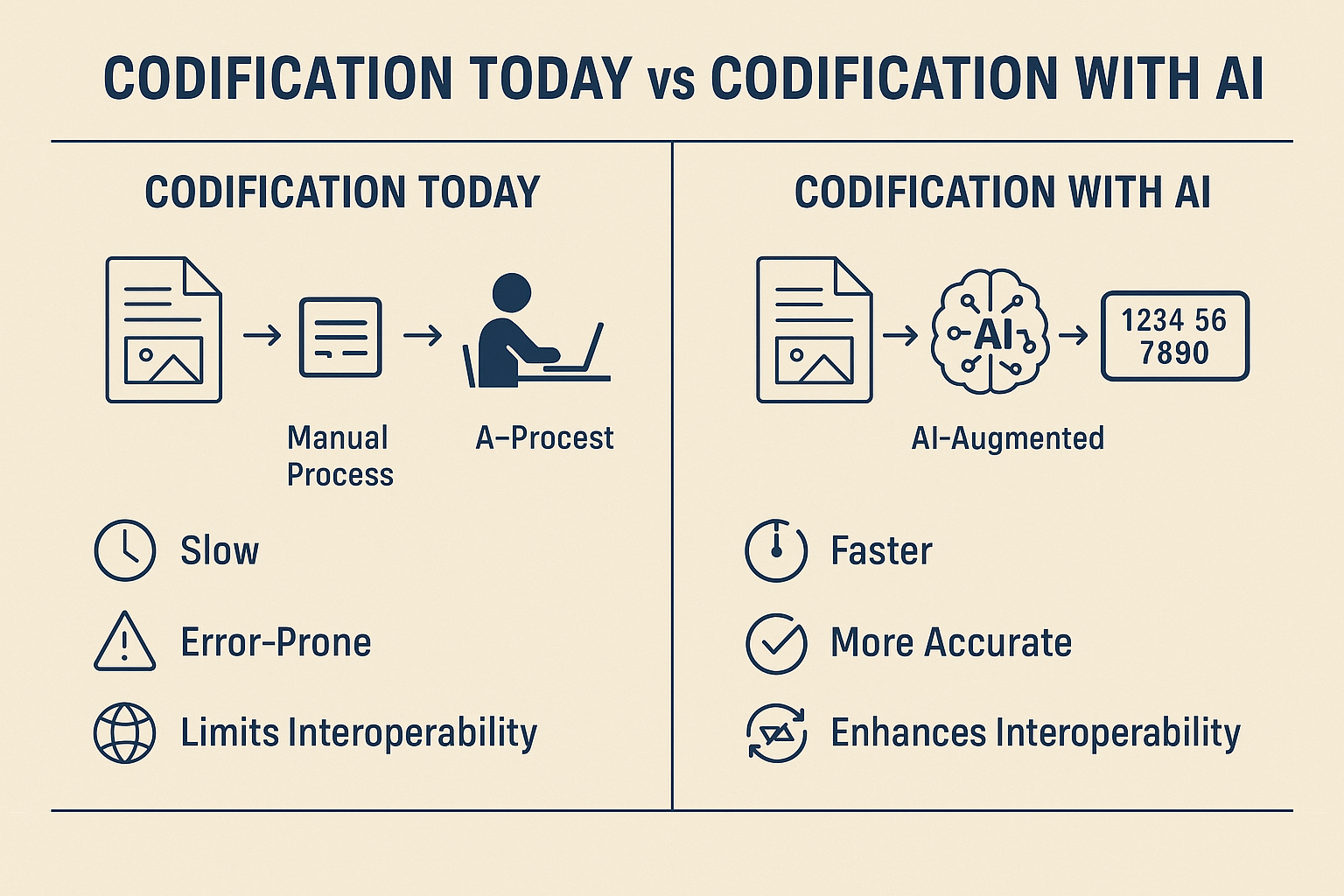By Paul R Salmon FCILT, FSCM
🌐 1. It’s the backbone of value delivery
A business only exists to deliver a product or service to customers. SCM ensures the right product, in the right quantity, at the right quality, reaches the right place at the right time. Without an effective supply chain, even the best-designed products fail to reach customers, meaning no revenue.
📈 2. Drives competitive advantage
Businesses compete as supply chains, not as standalone companies. Superior supply chains (think Amazon, Apple, Toyota) deliver lower costs, faster response, and better customer experience. SCM professionals make strategic decisions on sourcing, production, distribution, and logistics that set businesses apart.
♻️ 3. Manages risk and resilience
Today’s world is volatile: pandemics, geopolitical shifts, and climate disruptions hammer supply chains. SCM professionals design resilient networks to mitigate risks, keeping businesses running when others collapse. This capability protects brand reputation and market share.
💸 4. Controls the biggest cost base
In many industries, 70-80% of total costs are tied up in the supply chain (procurement, manufacturing, inventory, logistics). SCM professionals drive cost savings through smarter sourcing, lean processes, and reduced waste.
🌱 5. Delivers sustainability goals
Over 90% of a company’s carbon footprint sits in its supply chain (Scope 3 emissions). Supply chain professionals lead efforts in ethical sourcing, circular economy practices, and decarbonisation.
🤝 6. Connects the entire business
SCM touches every function: R&D (design for supply), sales (demand forecasting), finance (working capital), HR (labour availability), and IT (digital supply chains). It is the ultimate integrator in a business, aligning strategy with operations.
🏆 The Bottom Line:
If supply chains stop, businesses stop. In a globalised, fast-moving, and unpredictable world, SCM is no longer just a support function – it is the engine room of innovation, growth, and survival.
Or as they say:
“CEOs don’t compete. Supply chains do.”
